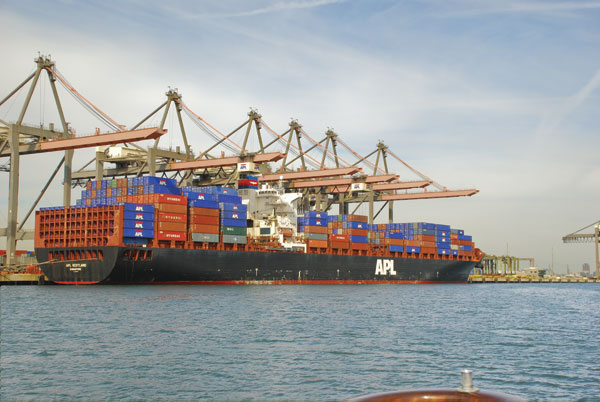Secretary of Agriculture Tom Vilsack outlined the gains that U.S. pork, beef and poultry exports could expect if Congress approves legislation before the Senate Finance Committee to grant Permanent Normal Trade Relations (PNTR) with Russia. Secretary Vilsack said the United States would not provide “any additional market access to our domestic market for Russian agricultural imports. By not granting Russia PNTR, U.S. farmers, ranchers, and producers will face an uneven playing field.

Secretary of Agriculture Tom Vilsack outlined the gains that U.S. pork, beef and poultry exports could expect if Congress approves legislation before the Senate Finance Committee to grant Permanent Normal Trade Relations (PNTR) with Russia. Secretary Vilsack said the United States would not provide “any additional market access to our domestic market for Russian agricultural imports. By not granting Russia PNTR, U.S. farmers, ranchers, and producers will face an uneven playing field. Their competitors in the European Union, Brazil, Argentina and WTO member countries around the globe will benefit from Russia's guaranteed tariff treatment and obligation to apply science-based sanitary and phytosanitary standards.” Under the agreement, Russia would reduce tariffs on a number of U.S. agricultural products. The tariff on soybeans and soybean meal would be bound at zero; tariffs will be cut in half to 2.5%. Most tariffs on cheeses will be reduced from 25% to 15% within three years. For beef, Russia will implement a U.S. country-specific tariff-rate quota (TRQ) of 60,000 tons of frozen beef with an in-quota tariff of 15%. The United States will also have access for high-quality beef outside of the TRQ at a 15% tariff. Russia's WTO membership will lock in the current applied global TRQs for pork. Immediately upon accession, Russia will eliminate the in-quota 15% tariff and significantly lower the out-of-quota tariff. According to USDA, Russia's membership in the WTO means:
• U.S. farmers and exporters will have more certain and predictable market access as a result of Russia's commitment to avoid raising tariffs on any products above the negotiated rates and to apply non-tariff measures in a uniform and transparent manner;
• Russia will be obligated to apply its trade regime in a manner consistent with WTO rules, including those governing sanitary and phytosanitary measures and technical barriers to trade, limiting its ability to impose arbitrary measures that disrupt trade;
• Russia will be obligated to follow detailed rules governing transparency in the development of trade policies and measures. Unlike today, this will include requiring the notification of draft rules and opportunities for public comments on rules prior to their adoption; and
• Russia's compliance with its obligations will be enforceable through use of the WTO dispute settlement process.
U.S. agricultural exports to Russia in fiscal year 2011 were approximately $1.4 billion. The United States imported only $25 million of agricultural products from Russia during that period.
About the Author(s)
You May Also Like



